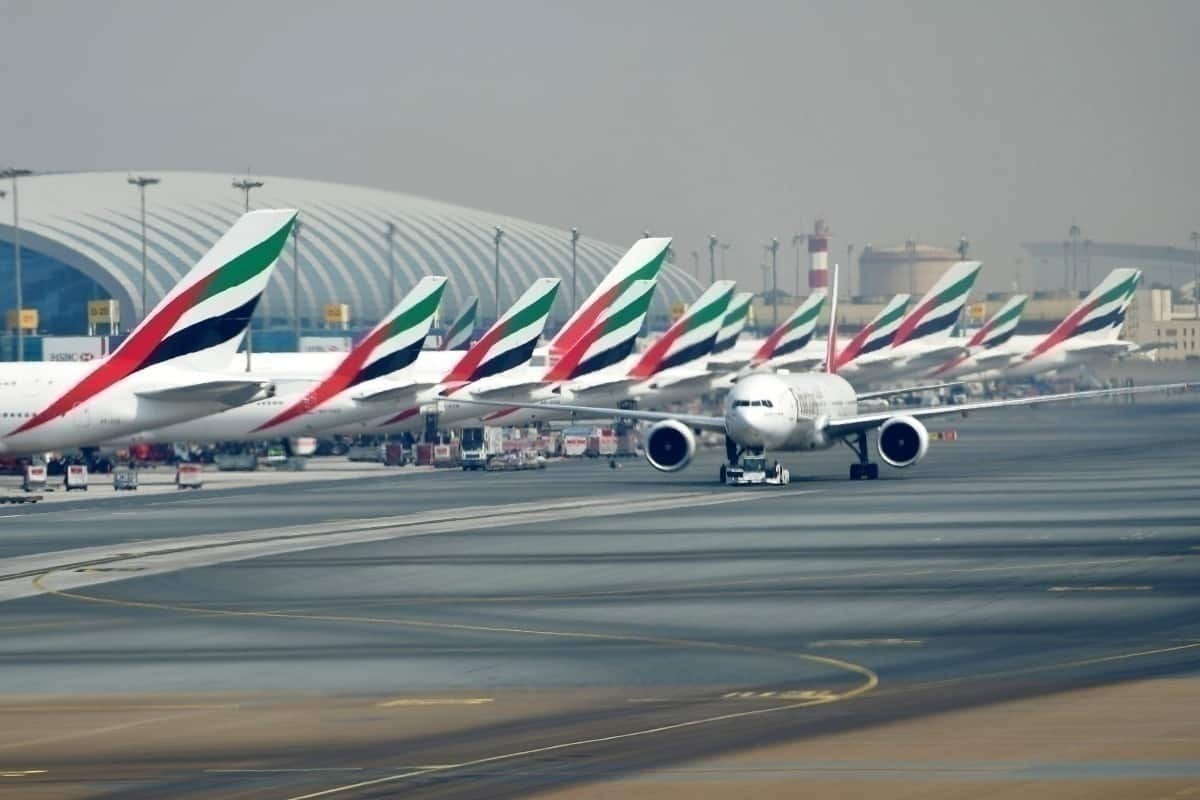Emirates has published an updated list of those required to obtain COVID-19 tests before flying. Among those regions affected are selected states in the US, meaning that as of July 10th, some US citizens have more travel restrictions than others.

Emirates segments US travelers
While the world is keen to open up and welcome back foreign tourism, it’s evident that the process is not as simple as letting everyone in at once. The strategy must be measured with countries and their airlines, all taking different approaches. Though there is no one-size-fits-all procedure, COVID testing seems to be the way forward for high-risk areas.
Emirates has now said that as of July 10th, certain travelers from the US will be required to show negative COVID-19 tests upon arrival. Passengers should present polymerase chain reaction (PCR) test results from no later than 96 hours before their flight. The following US airports will be subject to the regulation:
- Dallas Fort Worth (DFW);
- Houston (IAH);
- Los Angeles (LAX);
- San Francisco (SFO);
- Fort Lauderdale (FLL); and
- Orlando (MCO).




In a statement on its updates page, Emirates said that the need for PCR tests also applies to
“…passengers originating from California, Florida, and Texas connecting to an Emirates flight from any of our airports worldwide to Dubai.”
Emirates is curbing the transmission of the virus
Emirates’ update was not a targeted attack on the US. The airline has also issued the same regulation for 11 other countries including, India, Iran, and Pakistan. The reason? Emirates likely requires tests from these regions due to their volume of new coronavirus cases.
At the moment, Emirates is only operating a reduced timetable, which is potentially why we don’t see places like Sao Paulo on the list; Emirates is not flying there at the moment from Dubai. The states affected in the US are those with some of the worst increases in infections in recent weeks.




Though New York has confirmed over 400,000 cases with close to 25,000 deaths, it’s been able to manage the infection rate better than other states. For that reason, it has not been affected by Emirates’ restrictions. Conversely, Florida has experienced a 34% rise in coronavirus cases in the past seven days, hence limits for Fort Lauderdale. Likewise, Texas has had a 32% increase in cases in the past week. Even more worryingly, Montana and Idaho have had a more than 40% spike in new cases in the past seven days.
Will COVID-19 testing become the norm?
While Emirates’ PCR testing for some countries may be a new thing, more and more airlines are requiring that passengers present a negative test. It begs the question; will PCR testing become the norm?




Like packing your passport and suitcase, PCR test results could well be another requirement for your upcoming holiday or business trip. In the absence of a vaccine, negative tests give airlines and border controllers confidence that the most is being done to curb coronavirus transmission.
Of course, the tests themselves are not foolproof with false negatives always a possibility. However, the alternative – not testing anyone – is a lot less preferable, especially when lives are at stake. Yes, PCR tests may be inconvenient, but it’s a small price for passengers to pay to ensure passenger and staff safety.
What do you think? Should more airlines ask for negative PCR tests? Let us know in the comments.



